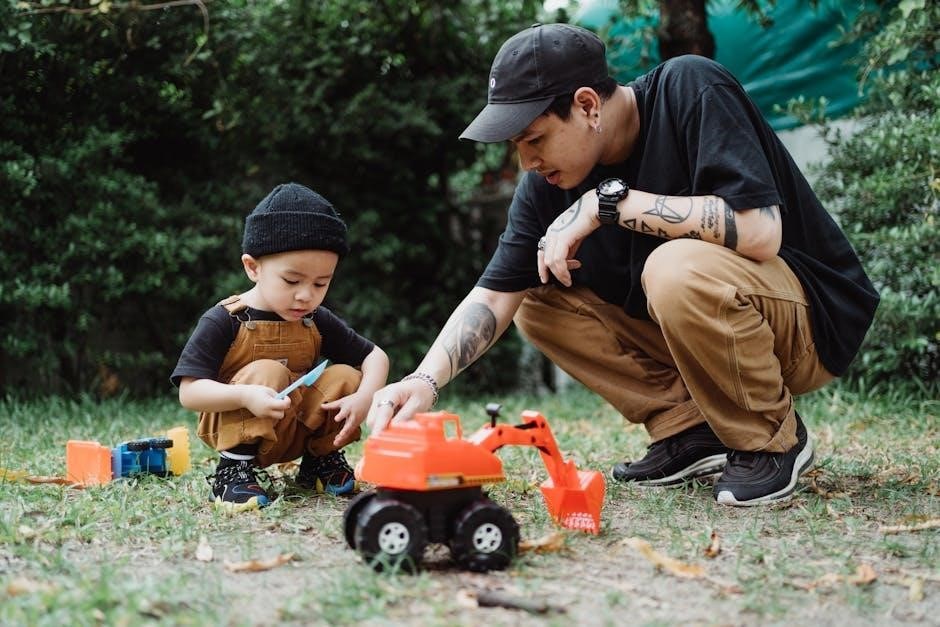and peace, utilizing practical advice and personal stories to facilitate a meaningful journey towards the end of life naturally.
Understanding the Concept of Dying
The concept of dying is a complex and multifaceted one, encompassing various aspects of human experience, including physical, emotional, and psychological dimensions. According to available information, understanding dying involves recognizing its inevitability and universality, affecting individuals from all walks of life. This understanding can be facilitated through education, personal reflection, and open discussions about mortality. By acknowledging and accepting the reality of dying, individuals can begin to develop a deeper appreciation for life and cultivate a sense of purpose and meaning. The internet provides a wealth of resources and information on this topic, offering insights and perspectives from experts, caregivers, and individuals who have experienced loss. Through this understanding, people can work towards creating a more compassionate and supportive environment for those facing the end of life, ultimately enriching their own lives and the lives of others. This awareness is essential for personal growth.

The Importance of Living in the Present
Living in the present moment through mindfulness and self-awareness enhances life’s quality and meaning naturally always.
Embracing Life to the Fullest as a Preparation for Dying
Embracing life to the fullest is a vital aspect of preparing for dying, as it allows individuals to cultivate a sense of purpose and meaning. By living life with intention and mindfulness, people can create a sense of fulfillment and satisfaction. This, in turn, can help individuals approach the end of life with a sense of peace and acceptance, rather than fear or regret. Embracing life’s experiences, relationships, and moments can also help people develop a greater appreciation for the present moment and let go of worries about the future or past. Through this process, individuals can learn to cherish every moment and find joy in the simple things, ultimately leading to a more profound and meaningful existence. By doing so, they can create a lasting legacy and impact on those around them.

Coping with Terminal Illness
Coping with terminal illness requires emotional support and practical care to manage symptoms and improve quality of life naturally every day.
Dealing with the Emotional and Psychological Aspects of Dying
Dealing with the emotional and psychological aspects of dying is a crucial part of the journey, as it allows individuals to process their feelings and come to terms with their mortality. Through counseling and support groups, people can express their emotions and concerns, and receive guidance on how to manage anxiety, depression, and other psychological challenges. Additionally, mindfulness practices and meditation can help individuals cultivate a sense of calm and acceptance, allowing them to focus on the present moment and find peace. By addressing the emotional and psychological aspects of dying, individuals can improve their overall well-being and quality of life, and find a sense of closure and resolution. This, in turn, can enable them to live their remaining days with greater purpose and meaning, and to die with dignity and grace.
Finding Peace and Contentment in the Face of Death
Finding peace and contentment is facilitated through self-reflection and acceptance of mortality, allowing individuals to let go of fears naturally.
The Role of Optimism and Positive Thinking in Dying
The role of optimism and positive thinking in dying is crucial as it enables individuals to approach death with a sense of calm and acceptance, rather than fear and anxiety. Through practical exercises and mindfulness techniques, individuals can cultivate a positive mindset, focusing on the present moment and letting go of worries about the future. This optimistic approach can help individuals to reframe their experience of dying, finding meaning and purpose in their final days. By adopting a positive outlook, individuals can also strengthen their relationships with loved ones, creating a supportive and loving environment that fosters a sense of peace and contentment. Furthermore, optimism and positive thinking can help individuals to find the strength and resilience to cope with the challenges of dying, and to live their final days with dignity and grace.

Practical Advice for the Dying and Their Loved Ones
Utilizing caregiving resources and end-of-life planning tools helps individuals and families navigate the dying process with greater ease and support naturally always.
Creating a Supportive Environment for the Dying
Creating a supportive environment for the dying involves surrounding them with love, care, and compassion, utilizing palliative care and hospice services to alleviate physical and emotional pain. This environment can be achieved by gathering family and friends, sharing fond memories, and fostering a sense of community and connection. By doing so, individuals can feel more at peace, comforted by the presence of loved ones, and supported throughout their journey. A supportive environment can also be created by incorporating therapeutic activities such as music, art, or meditation, which can help reduce stress and promote relaxation. Additionally, end-of-life planning and advance care planning can help ensure that the individual’s wishes are respected and their needs are met, allowing them to live their remaining days with dignity and purpose. This supportive environment can have a profound impact on the dying individual’s quality of life.

Personal Stories of Dying and Their Impact on Others
Stories of dying individuals inspire hope and resilience in others, fostering a deeper appreciation for life and its preciousness naturally always.
Lessons Learned from Those Who Have Faced Death with Courage and Dignity
Lessons learned from individuals who have faced death with courage and dignity are invaluable, offering insights into the human experience and the importance of living life to the fullest. Through their stories, we can gain a deeper understanding of the emotional and psychological aspects of dying, and how to approach death with acceptance and peace. By examining the lives of those who have faced death with courage, we can learn valuable lessons about the importance of gratitude, forgiveness, and mindfulness. These lessons can be applied to our own lives, allowing us to live more authentically and to approach death with a sense of calm and clarity. The Internet provides a wealth of information on this topic, including personal stories and practical advice from experts in the field of end-of-life care.
